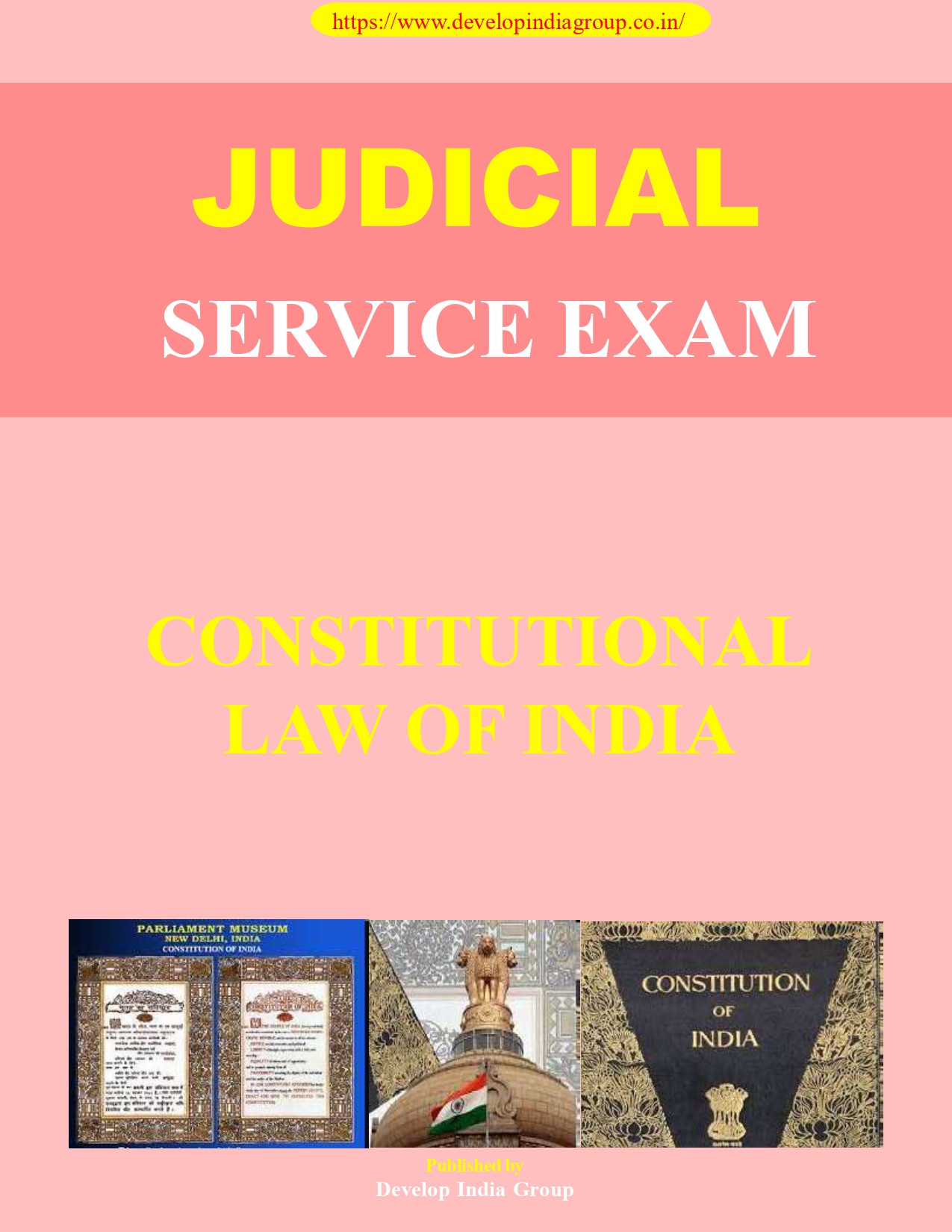

| State Level Govt. Exams |
|---|
| Crash Courses |
|---|
| Chapterwise Study Material & Notes |
|---|
| Books / eBooks |
|---|
| Mock Tests Series |
|---|
| Free Video Leaning Programe (VLP) |
|---|
BUY Online Study Materials/Notes |
|---|
| Practice Sets |
|---|
| Je & Ae Exams |
|---|
| Coaching for Schools Students (K-12) |
|---|
| NCERT Solutions |
|---|
| Quick Links |
|---|
The Tripura Judicial Service Examination is conducted by the Tripura High Court – Agartala for selection to the Grade III cadre of the Tripura Judicial Service, which is at a Civil Judge Junior Division or equivalent level.
The notification is published on the High Court’s official website at : thc.nic.in and / or the website of the Tripura Public Service Commission (If the exam is conducted by the TPSC) at Tripura Public Service Commission
Eligibility and Age Limit – Tripura Judicial Service Grade III Civil Judge 2023 and 2024
Essential qualification
Degree in Law granted by a recognized University established by Law in India. (recognized by the Bar Council of India as eligible for practicing as an Advocate in India)
Age Limit
Up to 35 years as on the official cutoff date mentioned in the exam notification. Age is relaxable by 3 (three) years in case of SC/ST candidates.
The exam will be conducted in three stages:
1. Preliminary exam – Objective MCQ based – Screening Test
2. Main exam – Descriptive Essay type (Narrative)
3. Viva-voce / personal interview
Keep checking LawMint.com for the latest updates and articles on the best preparation strategy, study material, online courses and mock tests for the 2023 and 2024 Tripura Judicial Service Exam Grade III Civil Judge selection.
Tripura Judicial Service Grade III Civil Judge Preliminary Exam Syllabus 2023 and 2024
The 2023 and 2024 Preliminary Examination will consist of one paper containing Multiple Choice Type Questions on General Ability Test with two hour duration. The Preliminary Examination will be a
Screening Test for selection of candidates for admission to the Main Examination.
General category candidates who obtain 60% or more marks and the candidates belonging to Scheduled Castes and Scheduled Tribes who obtain 50% or more marks in the Preliminary Examination shall be eligible for appearing in the Final Written Examination.
The Syllabus for the Preliminary Exam will be as below :
1. General Knowledge & Current Affairs – 20 marks
2. English – 20 marks
3. Law topics – 60 marks
-
Constitution of India
-
Code of Civil Procedure
-
Transfer of Property Act
-
Indian Contract Act
-
Indian Panel Code
-
Criminal Procedure Code
-
Indian Evidence Act
-
Law of Torts
The marks obtained by the candidates in the preliminary Examination will not be taken into account for the purpose of determining the final merit list.
2023 and 2024 Tripura Judicial Service Grade III Civil Judge Main Exam Syllabus
The 2023 and 2024 Main Examination will consist of four papers of Conventional type Questions. Full marks for each paper will be 100 and time allotted will be 3 hours for each paper. In no case a candidate will be called for viva voce unless he / she appears in all the papers of the Examination.
A limited no. of candidates, maximum 3(there) times of total posts (in category wise) will be selected merit wise on the basis of the result of the Main Examination, subject to securing sixty percent (60%) or more or corresponding grade in the written examination for UR category and fifty percent (50%) or more or corresponding grade for scheduled Caste/Scheduled Tribe category in the Written Examination.
| SI. No. | Subject | Full Marks | Time allotted | |
| 1 | ENGLISH | 100 | 3 hours | |
| i. | Essay Writing | |||
| ii. | Precis Writing | |||
| iii. | Grammar etc. | |||
| 2 | GENERAL KNOWLEDGE | 100 | 3 hours | |
| i. | Objective Type | |||
| ii. | Aptitude Test | |||
| 3 | LAW PAPER-I | 100 | 3 hours | |
| i. | Constitution of India | |||
| ii. | Code of Civil Procedure | |||
| iii. | Transfer of Property Act | |||
| iv. | Indian Contract Act | |||
| 4 | LAW PAPER-II | 100 | 3 hours | |
| i. | Indian Penal Code | |||
| ii. | Criminal Procedure Code | |||
| iii. | Indian Evidence Act | |||
| iv. | Law of Torts | |||
Viva Voce – Interview
For the Final Written Examination as per as practicable 10 candidates will be called against 1 vacancy (1:10). Successful candidates in the Final Written Examination shall be called for Interview / Viva Voce. Full Marks for the Viva voce will be 100.



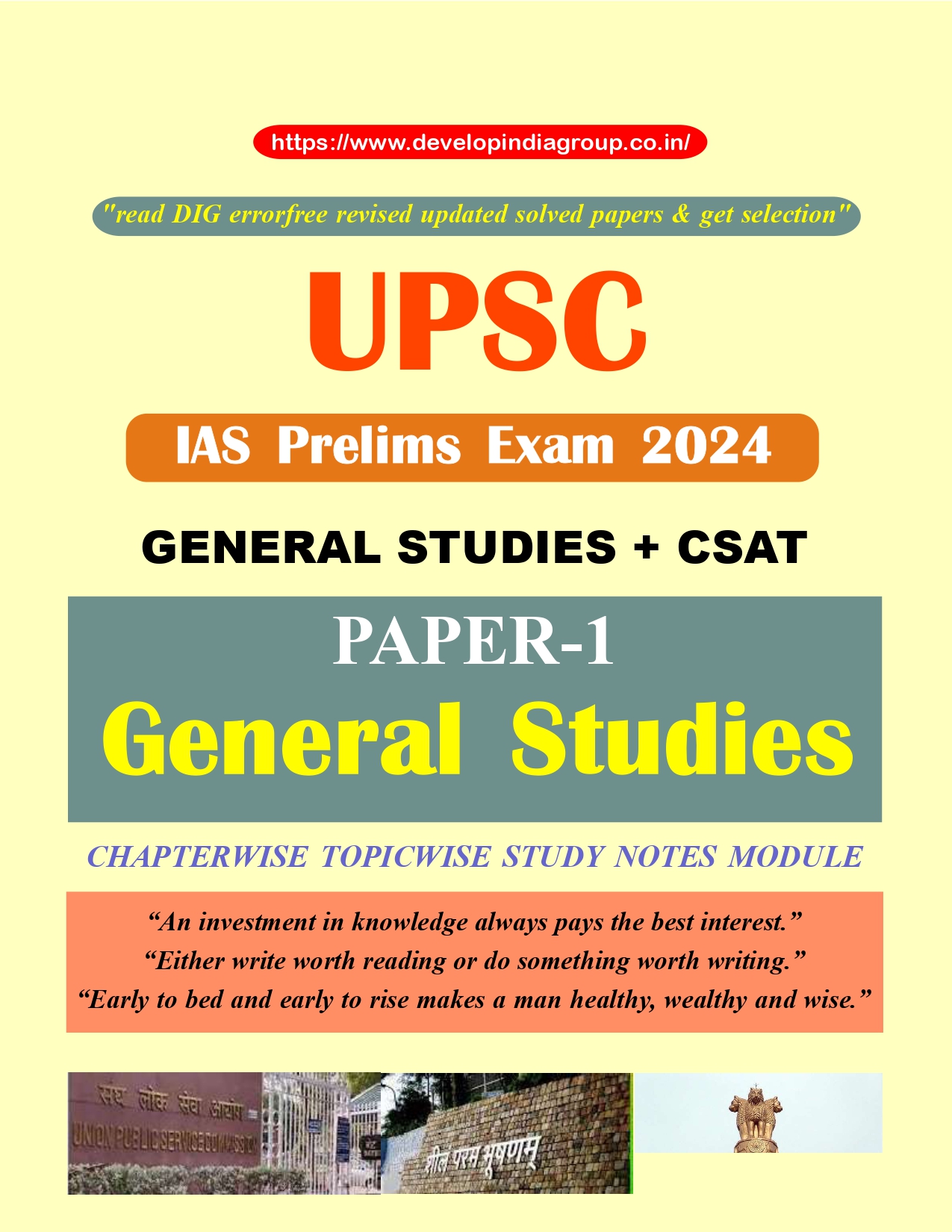
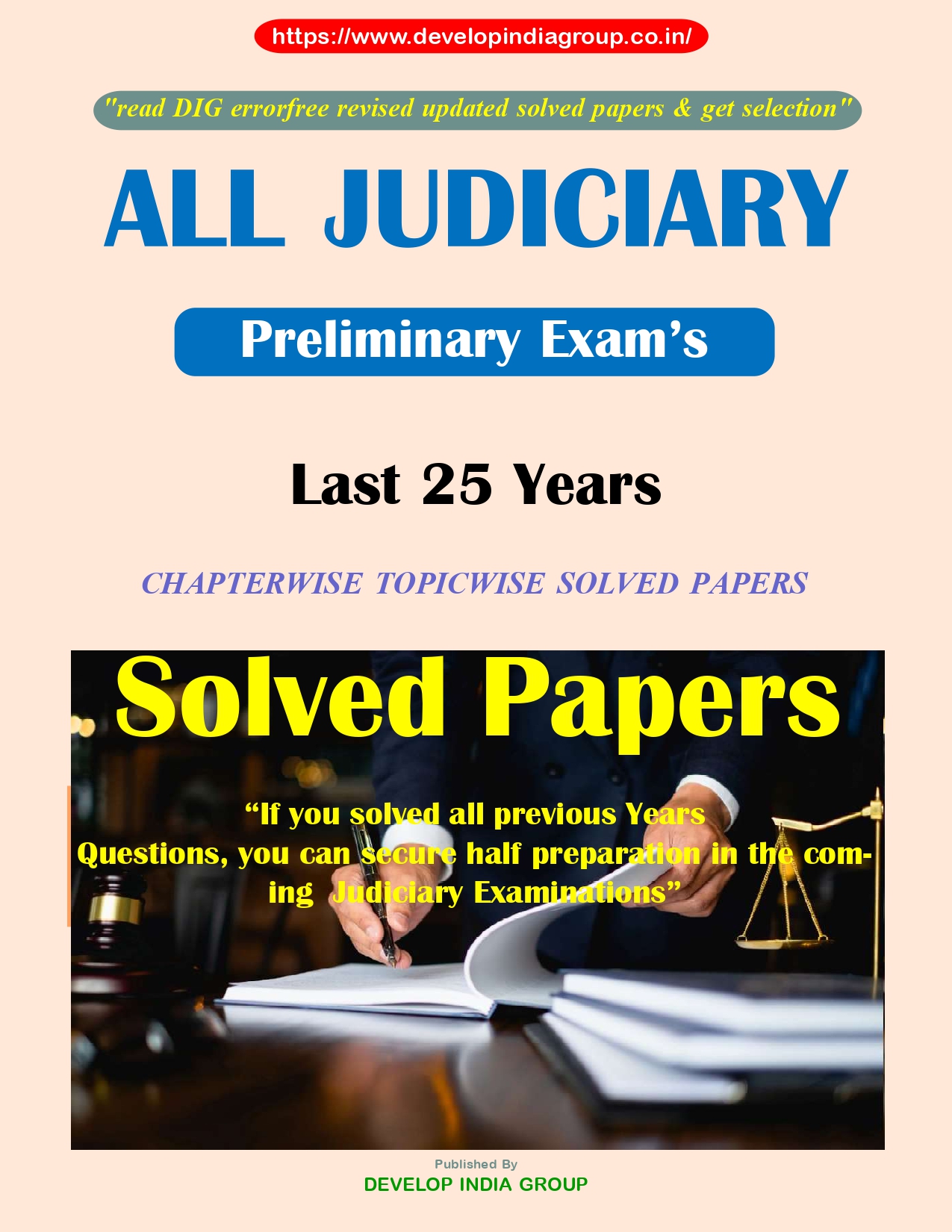
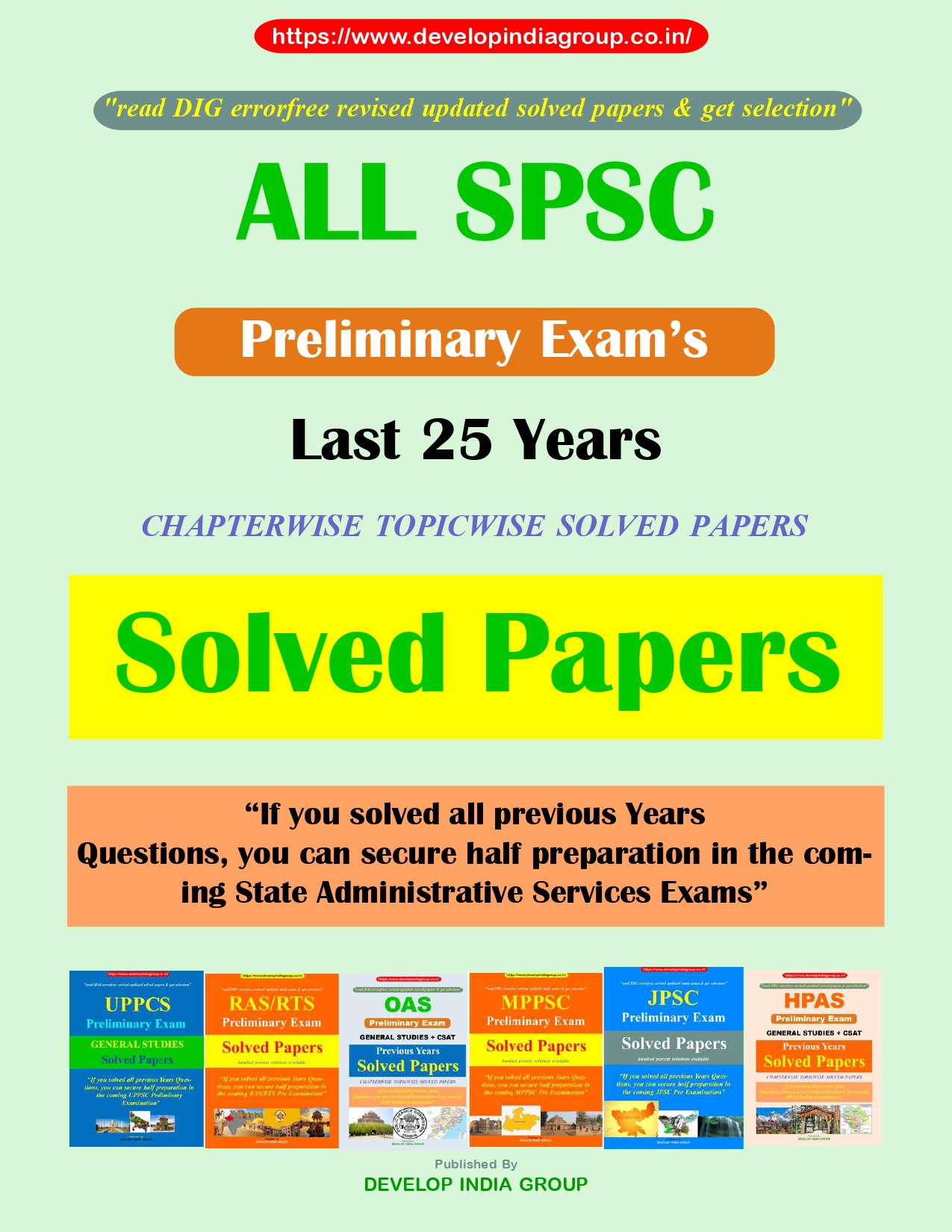

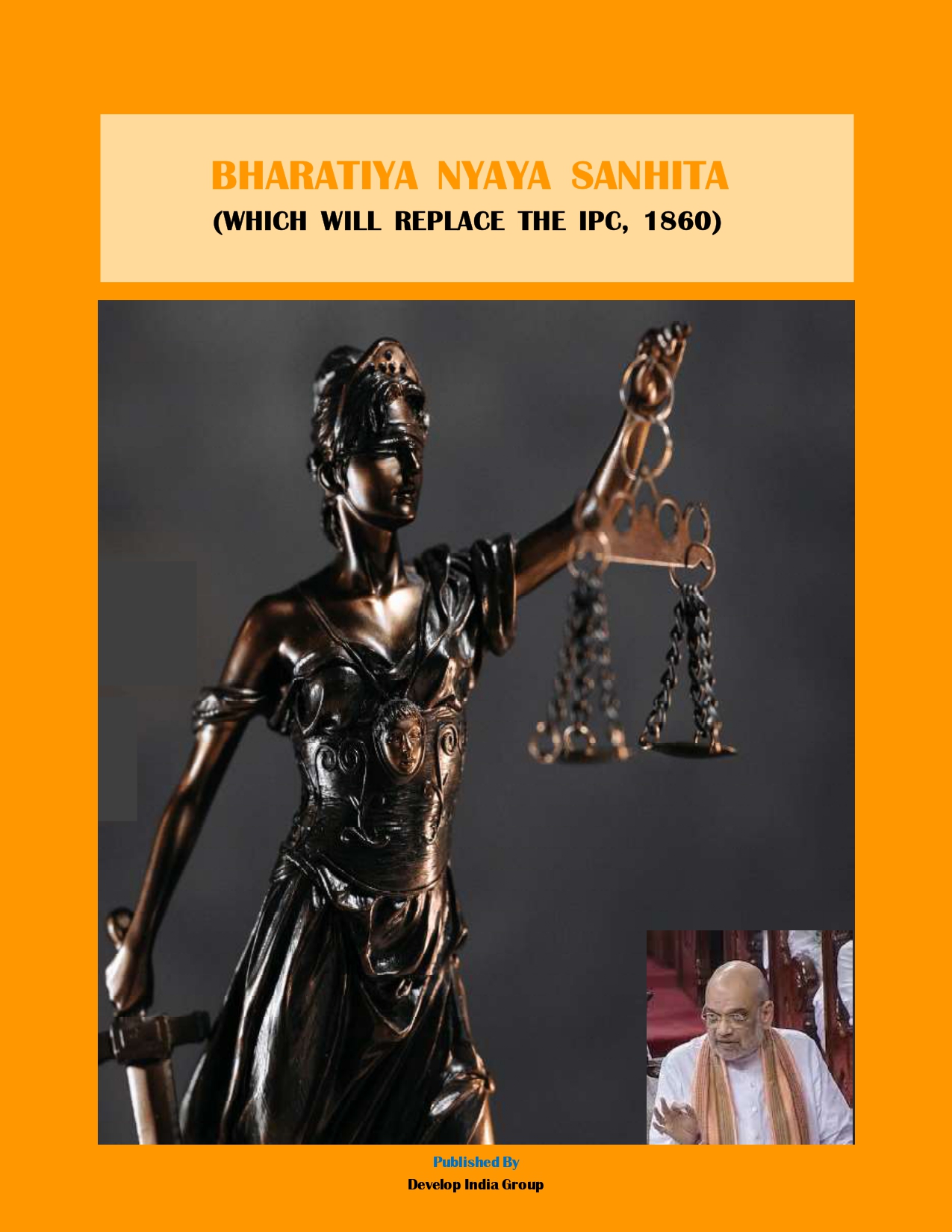
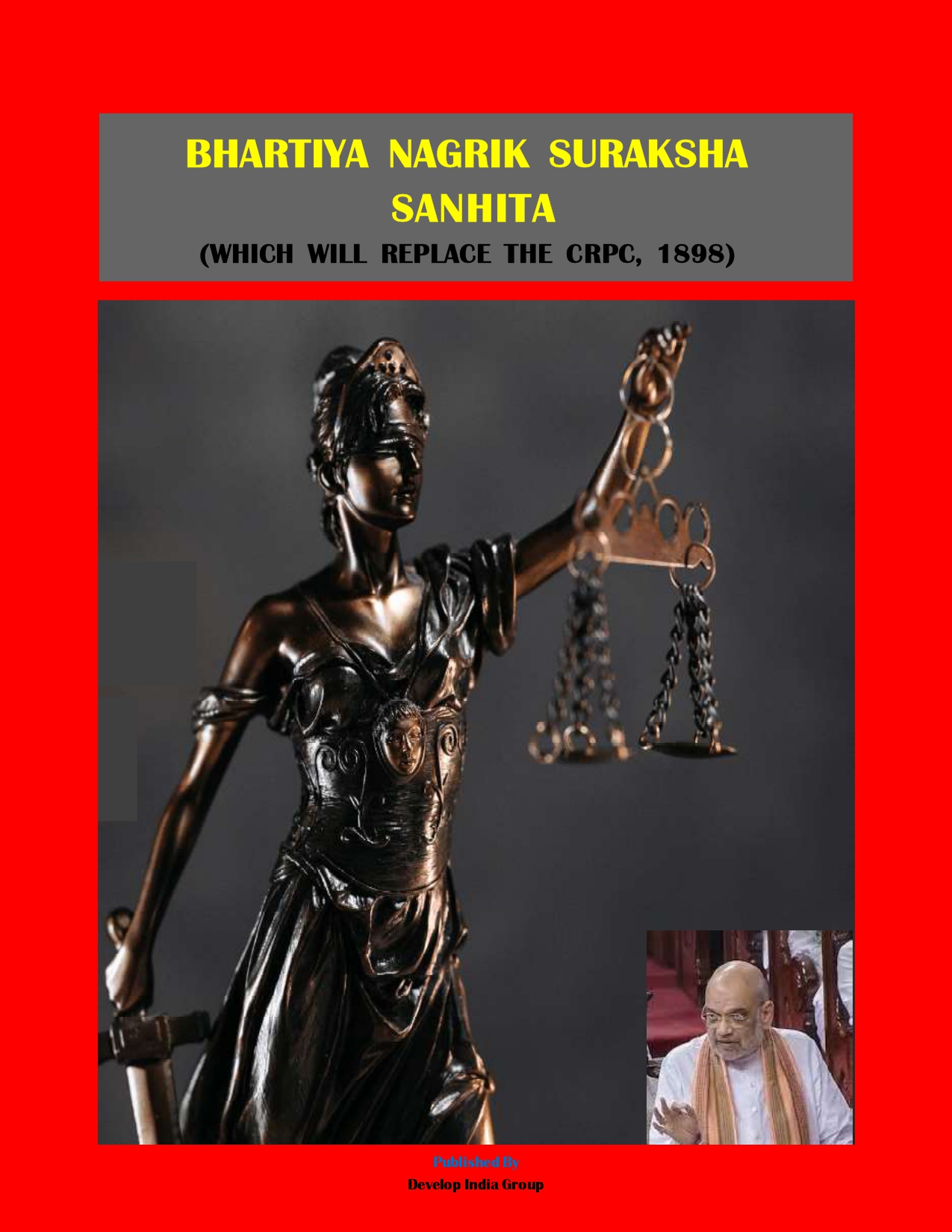
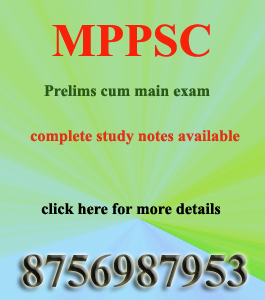





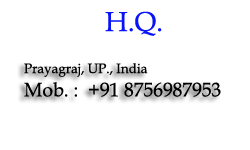
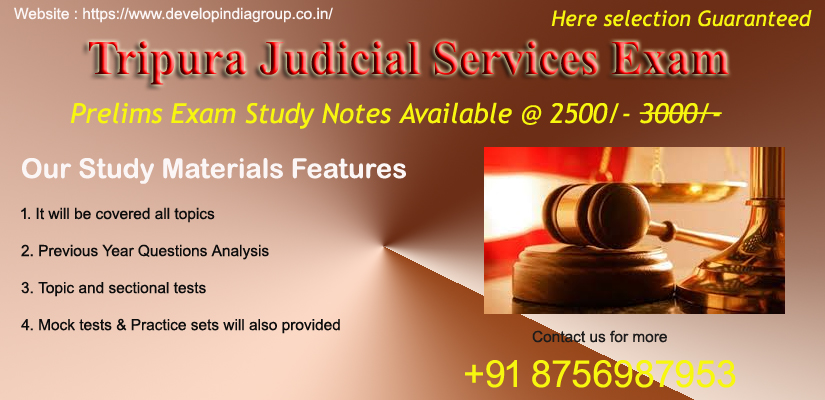



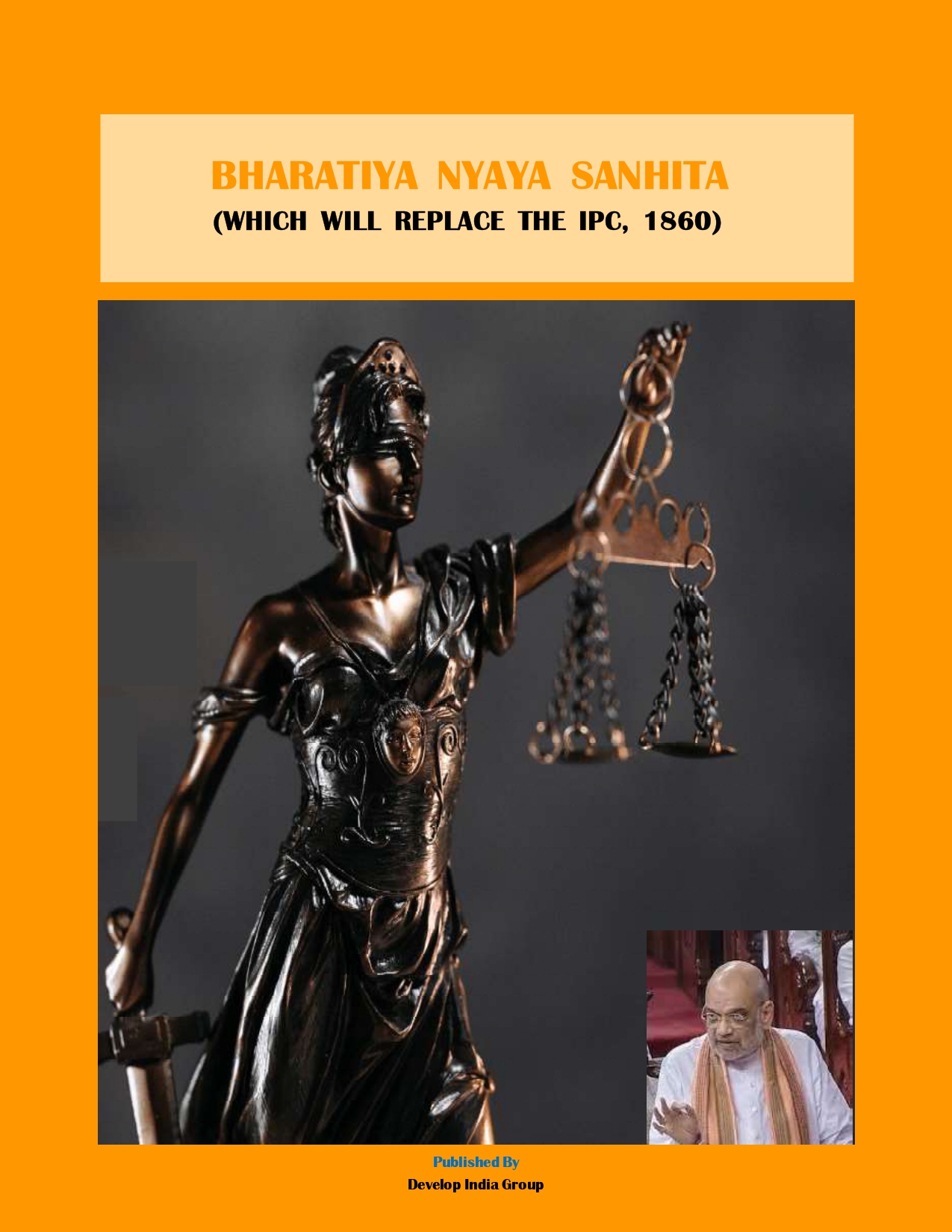
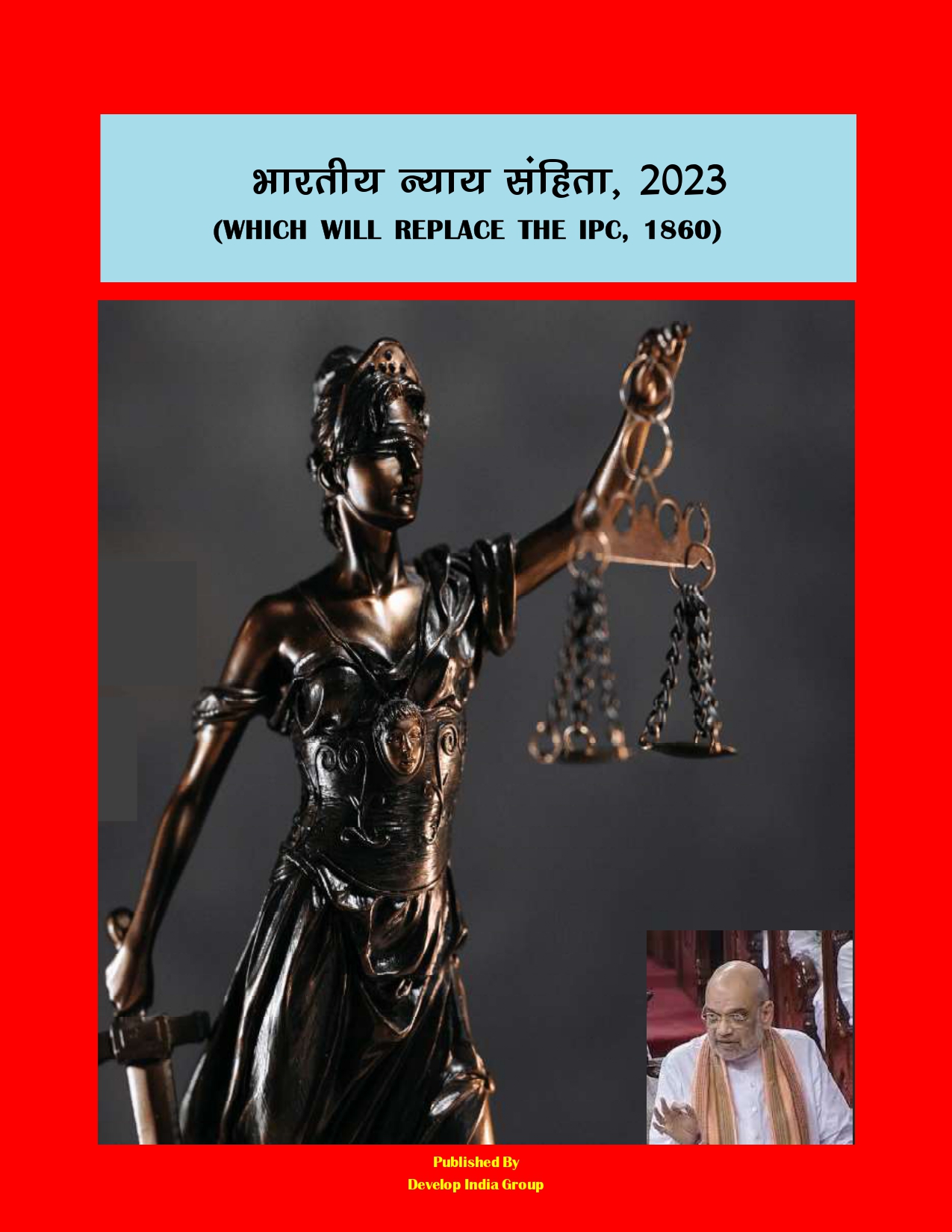
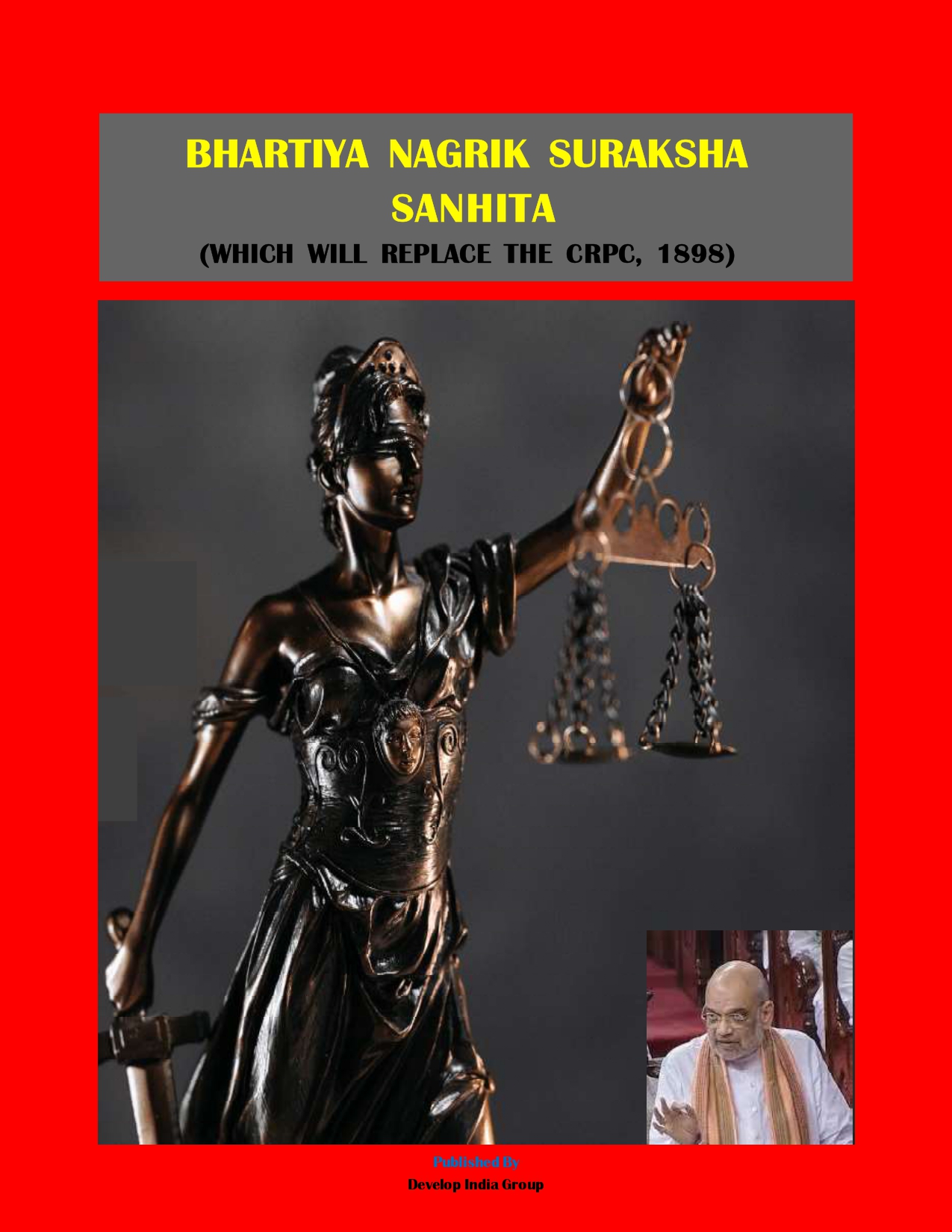
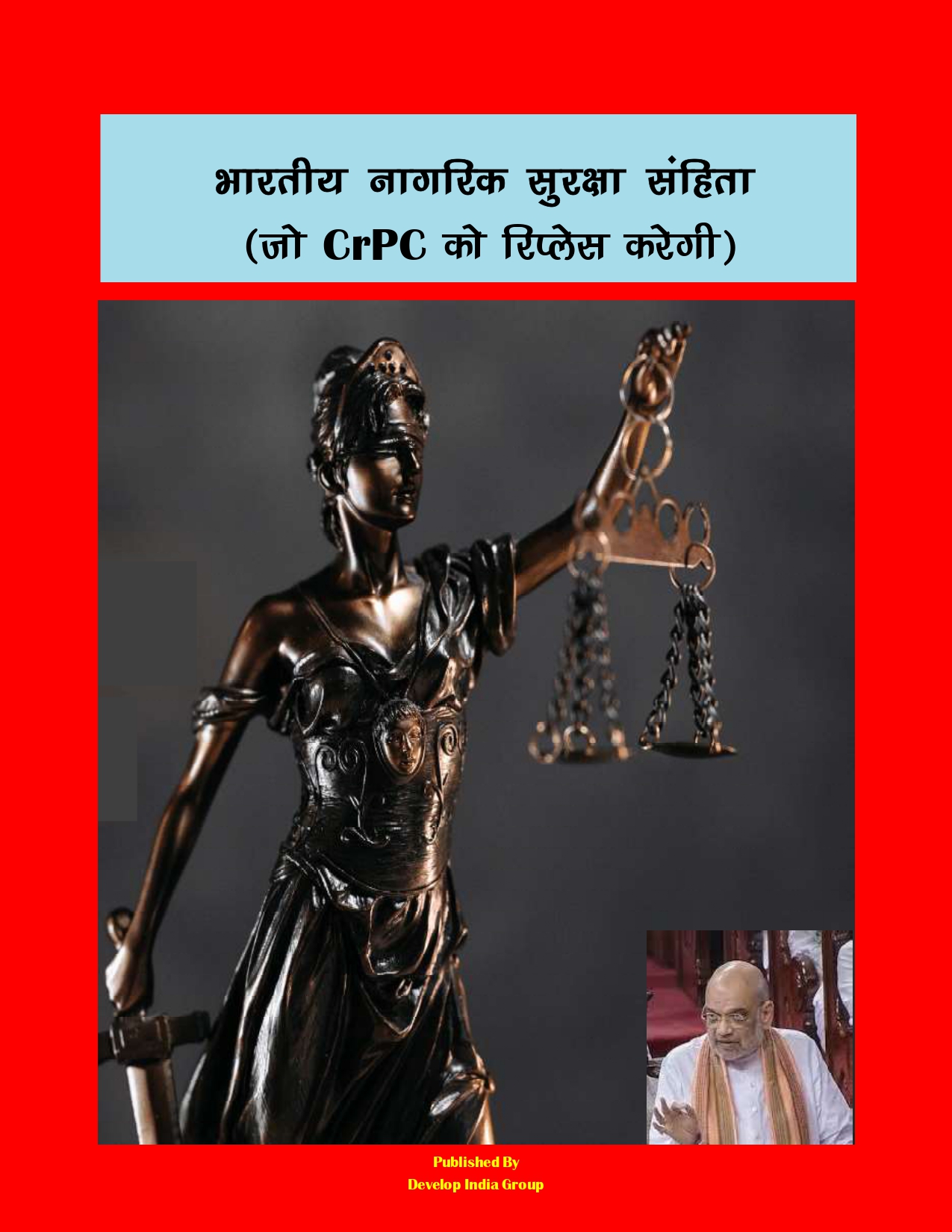
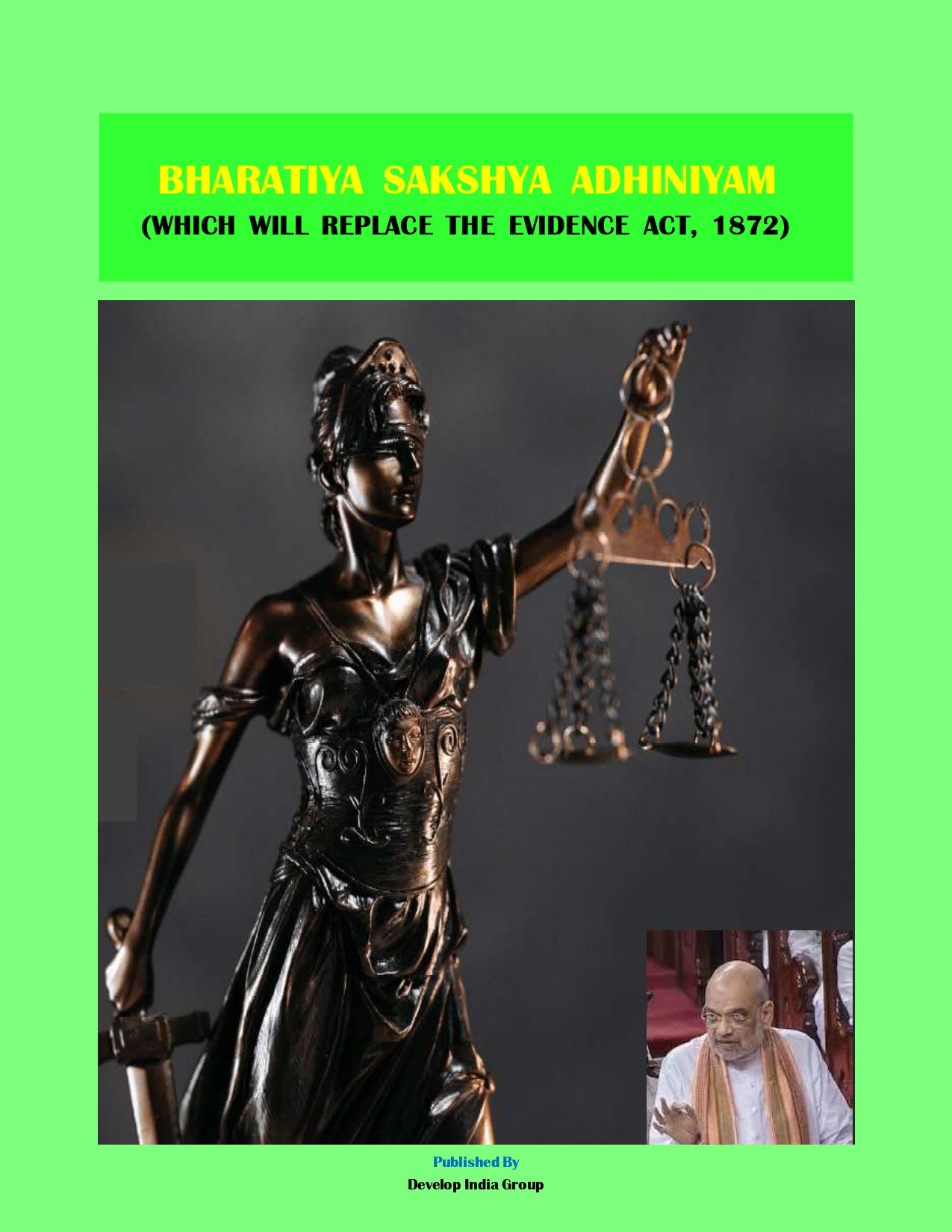
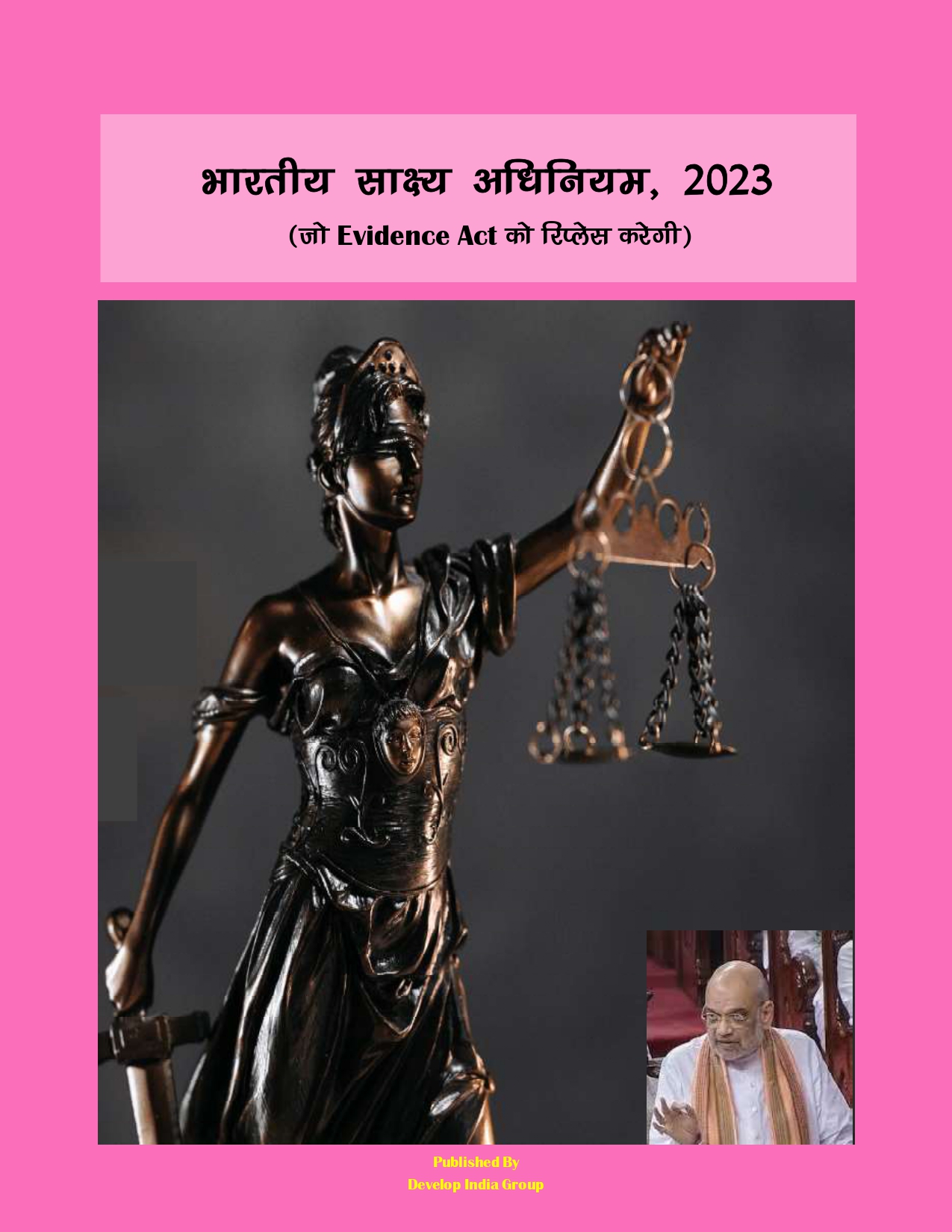
.jpg)
